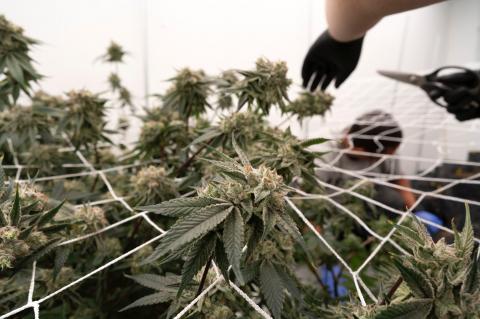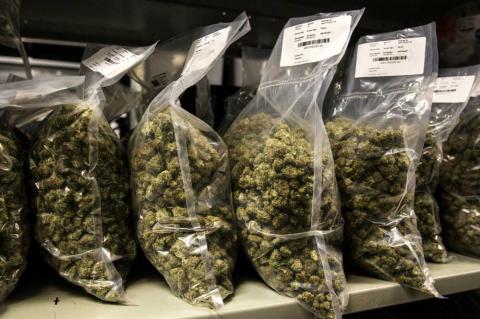Marijuana Stocks Could Be the Best Place to Hide in Today’s Market
Marijuana stocks could emerge as an unlikely safe haven for investors who want to invest but worry about the pandemic.
The stock market’s rapid fall and subsequent rise in the wake of the pandemic were enough to give investors whiplash.
Now traders are facing a dilemma. They can jump into an increasingly frothy market or stand by and miss out on further gains. But there is one unlikely segment that looks relatively insulated: marijuana stocks.








